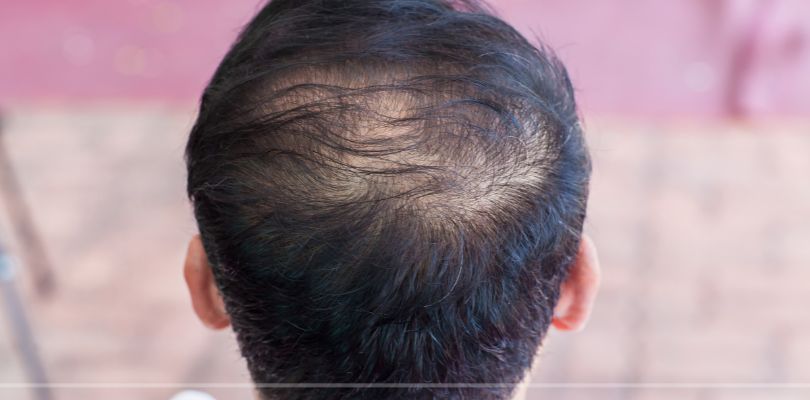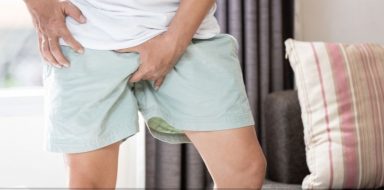Foods to Skip for Stronger Strands
Hair loss and alopecia areata can be tough to deal with. They can affect how you look and feel. Besides genetics, the foods you eat can also affect your hair. Some foods can make hair loss worse or trigger alopecia areata, while others can help keep your hair healthy. This article will talk about the worst foods for hair loss, the best foods to eat and some treatment options.
Worst Foods for Hair Loss and Alopecia Areata
Sugary Foods
Foods high in sugar, like candies and sugary drinks, can lead to insulin spikes and inflammation. This can disrupt hormonal balance and affect hair health.
Fast Food
Fast food often contains unhealthy fats and low-quality ingredients. These can contribute to inflammation and nutrient deficiencies, which may worsen hair loss.
This article will explore the ED and eczema, looking at how they are connected and some possible treatment options. Learn more here.
Processed Foods
Processed foods are usually high in preservatives, salt and unhealthy fats. These can contribute to poor circulation and inflammation, impacting hair growth.
Excessive Alcohol
Drinking too much alcohol can dehydrate your body and reduce the absorption of essential nutrients needed for healthy hair.
Caffeine
Excessive caffeine from coffee or energy drinks can disrupt sleep patterns and stress your body, which may negatively affect hair health.
High-Sodium Foods
Foods high in sodium, such as salty snacks and canned foods, can lead to dehydration and poor circulation, affecting hair follicles.
Refined Carbohydrates
Refined carbs, like white bread and pastries, can cause blood sugar spikes and inflammation, which can impact hair growth.
Artificial Additives
Foods with artificial additives and colorings can cause allergic reactions and inflammation, which may exacerbate hair loss.
Best Foods for Hair Health
Leafy Greens
Spinach, kale and other leafy greens are rich in vitamins and minerals, including iron and vitamin C, which are essential for healthy hair growth.
Nuts and Seeds
Almonds, walnuts and flaxseeds are packed with healthy fats, vitamin E and omega-3 fatty acids that nourish the scalp and support hair growth.
Fatty Fish
Salmon, mackerel and sardines are excellent sources of omega-3 fatty acids and protein, which help strengthen hair and promote growth.
Berries
Blueberries, strawberries and raspberries are rich in antioxidants and vitamin C, which support collagen production and strengthen hair.
Sweet Potatoes
Sweet potatoes are high in beta-carotene, which converts to vitamin A in the body. Vitamin A helps keep the scalp healthy and supports hair growth.
Eggs
Eggs are a great source of protein and biotin, both crucial for hair strength and growth.
Legumes
Beans, lentils and peas are rich in protein, iron and zinc, which help promote healthy hair growth.
Greek Yogurt
Greek yogurt contains protein and vitamin B5 (pantothenic acid), which support hair strength and prevent hair thinning.
Treatment Options
Medications
Treatments like minoxidil (Rogaine) and finasteride (Propecia) can help manage hair loss and promote regrowth. Consult a doctor to determine which medication may be appropriate for your condition.
Topical Treatments
For alopecia areata, corticosteroid creams or ointments can reduce inflammation and stimulate hair growth.
Lifestyle Changes
Maintaining a healthy diet, managing stress and avoiding smoking can positively impact hair health and reduce hair loss.
Hair Growth Supplements
Supplements like biotin, zinc and vitamin D can support hair growth and overall scalp health. Always consult a healthcare provider before starting new supplements.
Hair Restoration Procedures
In more severe cases, procedures like hair transplants or laser therapy may be considered to promote hair growth.
Counseling
For those experiencing emotional stress due to hair loss, counseling or support groups can provide emotional support and coping strategies.
Eat Right for Strong Hair
By avoiding foods that can worsen hair loss and focusing on those that support hair health, you can make a positive impact on your hair growth and overall well-being. Consider these dietary changes along with appropriate treatments to manage hair loss and alopecia areata effectively.







